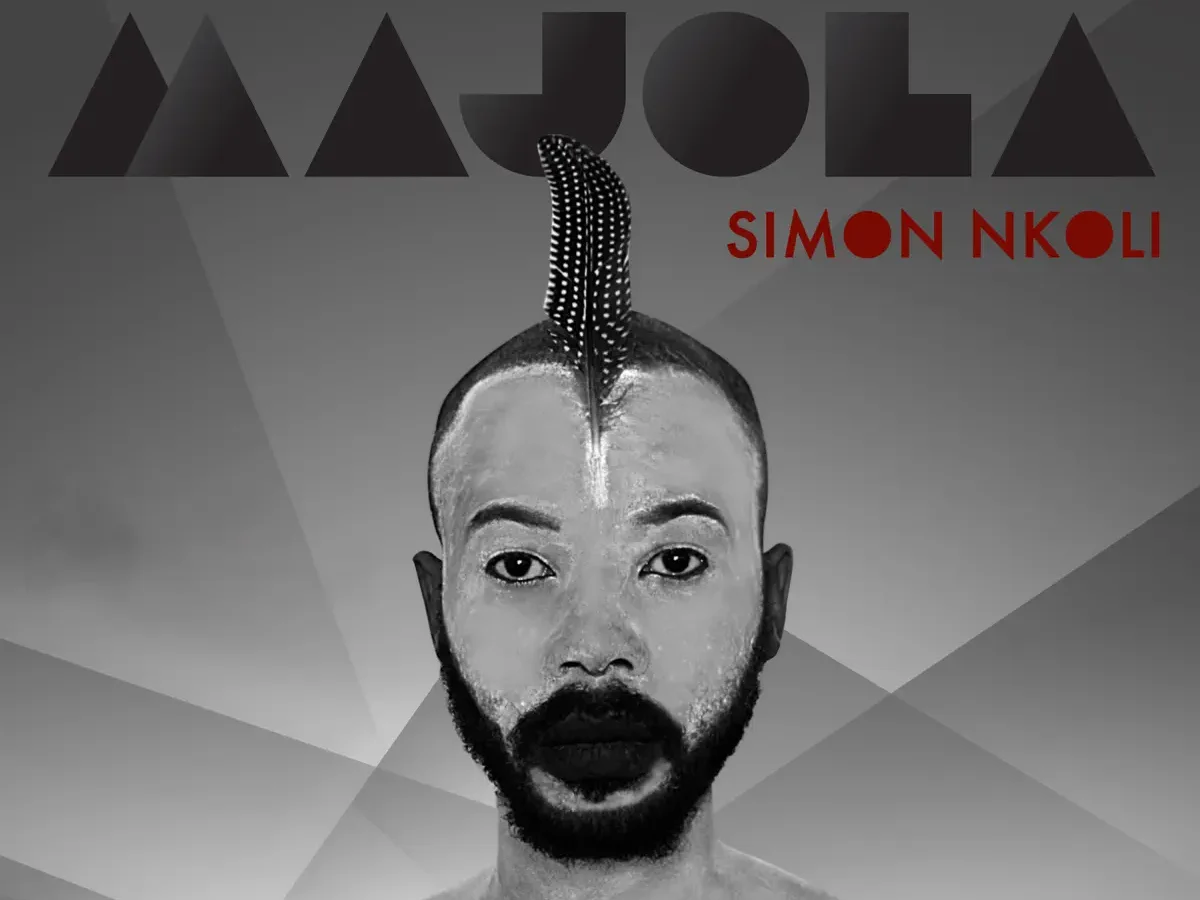Remembering Simon Nkoli, A True South African Icon
In the sprawling narrative of South Africa’s liberation struggle, few names echo with the same courage and complexity as Simon Nkoli. A fearless advocate for justice, Nkoli was not only a vital figure in the fight against apartheid, but also one of the first openly gay activists to push for LGBTQ+ rights on the continent. His life and legacy continue to inspire a new generation of artists, activists, and changemakers.
Born in Soweto in 1957 to a seSotho-speaking family, Nkoli’s early years were shaped by the harsh realities of segregation. Raised on a farm in the Free State before moving to Sebokeng, his environment was one of both repression and resilience. It was within this crucible that Simon Nkoli began to forge his path—not just as a protester, but as a voice for those long silenced.
A Revolutionary Voice in Multiple Movements
Nkoli’s activism began with his involvement in the Congress of South African Students (COSAS), and later the United Democratic Front (UDF), where he emerged as a powerful advocate for democracy. His work in these spaces eventually led to his arrest as part of the infamous Delmas Treason Trial, where he faced charges alongside other prominent anti-apartheid leaders.
What made Nkoli unique, however, was that he didn’t separate his identities. He refused to hide his sexuality, even while imprisoned. Coming out as gay to his fellow detainees and legal team was a radical act of intersectional resistance—one that forced many within the anti-apartheid movement to confront their own prejudices.
Nkoli later co-founded GLOW (Gay and Lesbian Organisation of the Witwatersrand), one of the first LGBTQ+ organizations in South Africa. Through GLOW, he organized the country’s first Pride parade in 1990, marching through the streets of Johannesburg at a time when it was dangerous to do so. His bravery helped shift public discourse and laid the groundwork for the legal protections and visibility queer South Africans now have.
HIV/AIDS Advocacy in the Face of Stigma

Simon Nkoli’s fight didn’t end with apartheid or homophobia. As the HIV/AIDS epidemic ravaged communities across South Africa, he turned his attention to another battle: eradicating stigma and misinformation. Diagnosed with HIV himself, Nkoli spoke openly about his status at a time when many feared to whisper the word “AIDS.”
His candour and activism made him a beacon of hope for many living with the virus. More than just a spokesperson, Nkoli was a lifeline—his words offering strength in a society often too afraid to confront the truth. He passed away in 1998, but not before reshaping the landscape of activism, inclusivity, and courage in South Africa.
A New Generation Pays Tribute: Majola’s Musical Homage
More than two decades after his passing, Simon Nkoli’s spirit lives on—not just in court rulings and history books, but in the powerful work of young artists inspired by his legacy. One such artist is Majola, a bold voice from Zwelitsha Township in the Eastern Cape, who is using music as a vehicle for storytelling and healing.
Majola began his musical journey at just nine years old, singing soprano in a local gospel group called the Heroes of Faith. His talent gained national attention when he reached the Top 100 of the second season of South African Idols at age 17. Since then, his artistry has evolved into something far more profound—a deeply personal exploration of identity, queerness, and post-apartheid life in the townships.
Majola signed an international digital distribution deal with Africori, a UK-based music company championing African artists worldwide. His debut album, Boet Sissy, is currently in production and promises to be a powerful sonic memoir chronicling the experience of growing up gay in a conservative, complex society.
“Simon Nkoli”: A Song of Gratitude and Defiance
The first single off Boet Sissy is titled “Simon Nkoli”—a tribute that does more than just honour a hero. It resurrects his voice, his fight, and his vision through haunting melodies and lyrical storytelling. Available now on most major music streaming platforms, the track is a soul-stirring reminder of the battles fought, and the progress made.
In the song, Majola weaves together reflections of his own upbringing with the echoes of Nkoli’s activism. It’s a spiritual and political anthem—an acknowledgment of the fearless trailblazer who marched so future generations could dance, love, and live freely. The lyrics speak to the pain, pride, and power of existing authentically in a world that often demands silence.
Honoring a Legacy, Inspiring the Future
Simon Nkoli was more than a freedom fighter, more than a gay rights activist, and more than a man living with HIV. He was a symbol of unapologetic truth—a reminder that change comes not from conformity, but from the courage to stand alone when necessary.
Through artists like Majola, his story continues to inspire and educate. The struggles Nkoli faced are not relics of the past—they live in the continued fight for queer visibility, healthcare access, and justice in South Africa today. But thanks to his bravery, today’s generation fights with more tools, more allies, and more pride.
As the music plays and his name is sung, Simon Nkoli remains what he always was: a freedom fighter, a truth-teller, and a legend.
If Simon Nkoli’s story moves you or if Majola’s tribute resonates, drop a comment below and share how this legacy of fearless love has impacted you.








Share your thoughts on the above post!